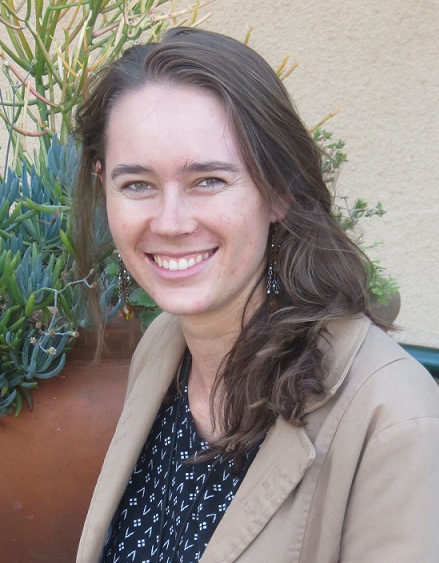Macroecology of Animal Communities
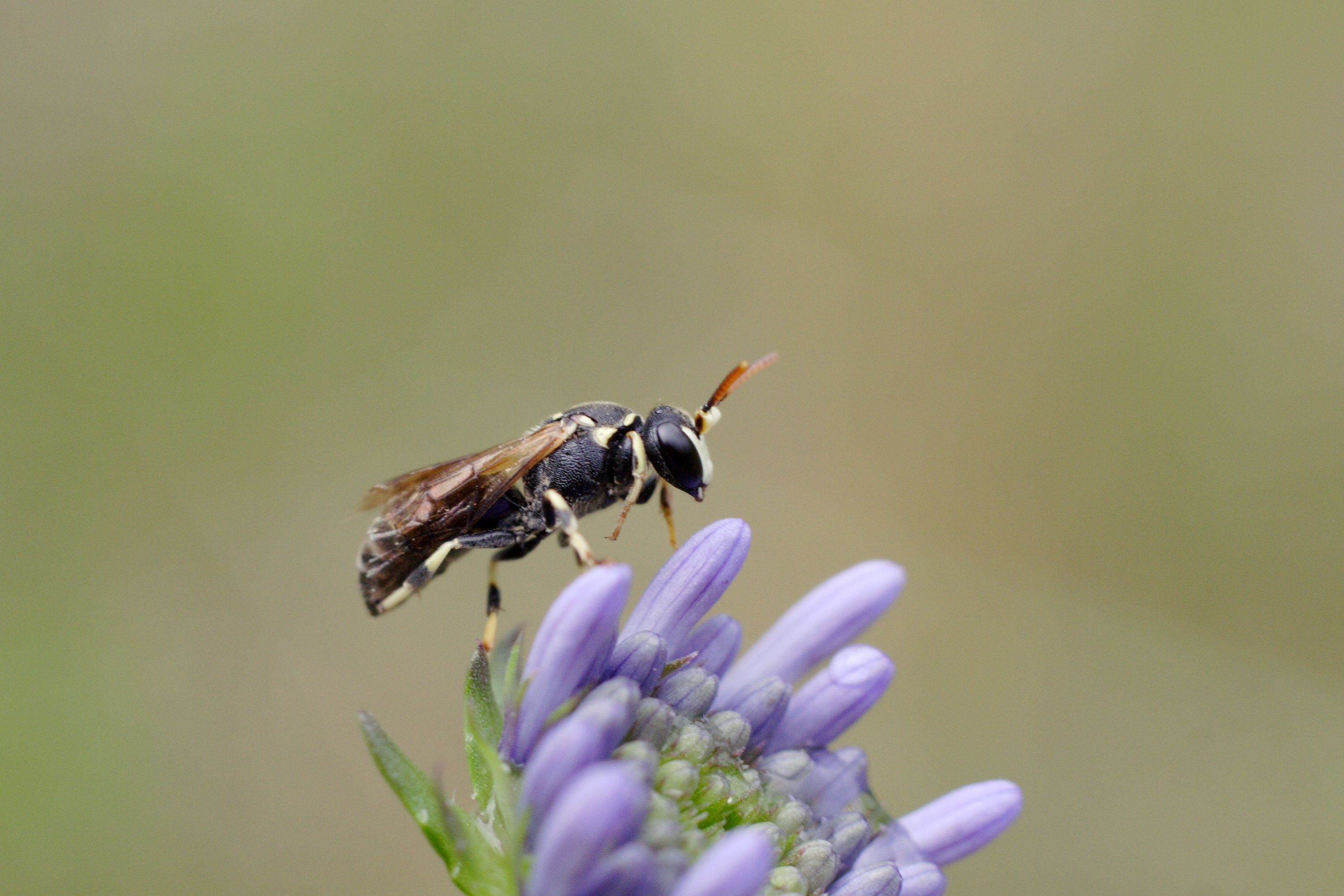
The group concentrates on the impacts of global change on biodiversity and the functioning of ecosystems. Particular focus is put on the interaction of humans with cultural and natural systems and key components of these systems’ biodiversity. The team is heavily involved in the analysis of land-use and climate change impacts and works on invertebrates as main target organisms. Aim is to develop sustainable land-use and conservation strategies in close interactions with a broad set of stakeholders and to support the assessment of trends in biodiversity e.g. through monitoring and other field campaigns.
Sustainable land use
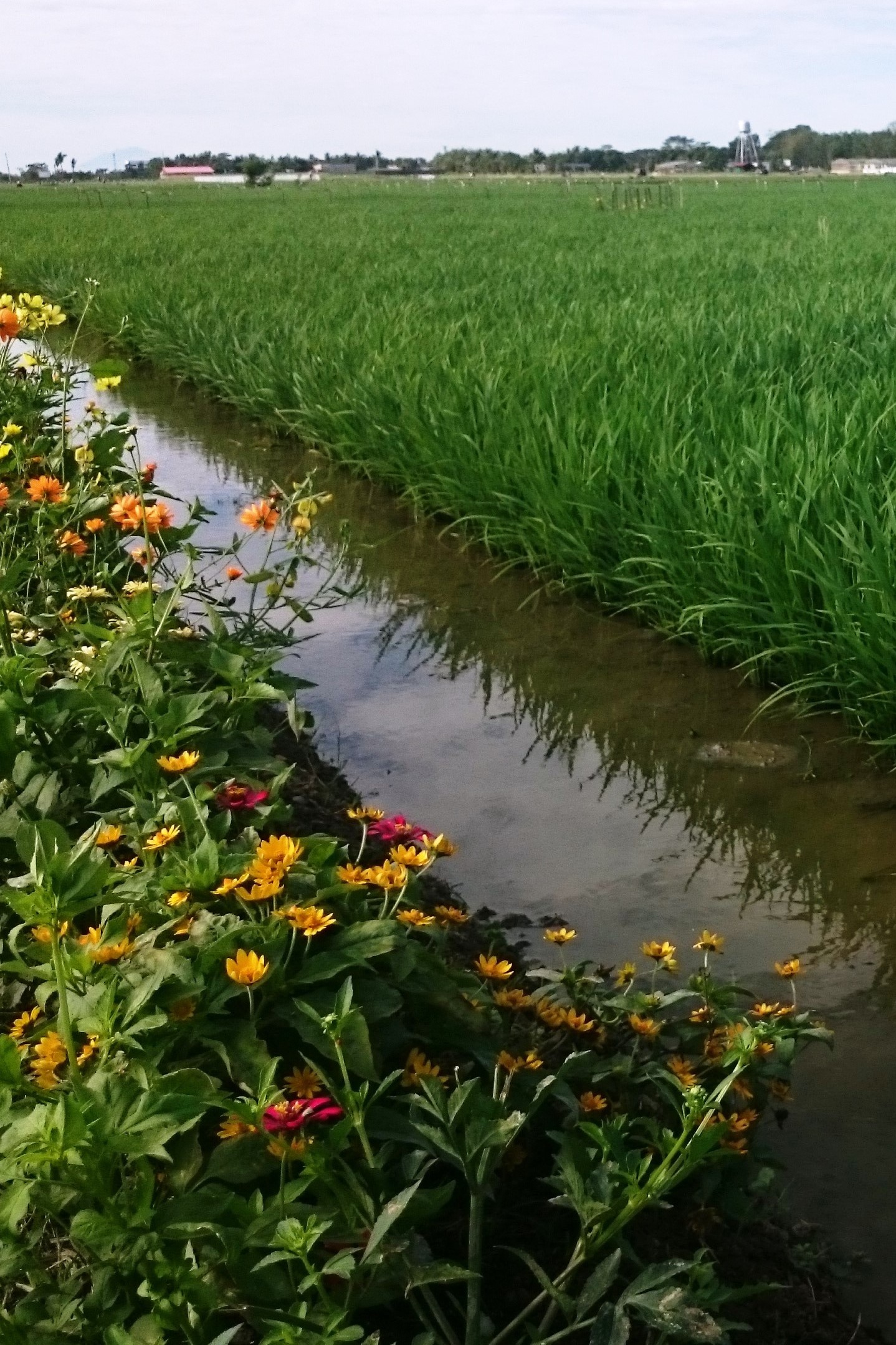 Picture: Leonardo Marquez
Human land use has reached high levels of intensity in many regions around the globe, and is still intensifying, which has led to an increasing concern about its sustainability due to adverse effects on ecosystem functioning. Our research aims to help improve land use sustainability while taking into account risks of global change. To achieve this goal, two of our projects are currently investigating ecosystem functions and services of major land use systems along a gradient of intensification in different parts of the world:
LEGATO
studies irrigated rice-based production systems in Southeast Asia and tests ecological engineering approaches, whereas
STACCATO
focuses on rapeseed fields at the interface with extensively managed grasslands across Europe.
Picture: Leonardo Marquez
Human land use has reached high levels of intensity in many regions around the globe, and is still intensifying, which has led to an increasing concern about its sustainability due to adverse effects on ecosystem functioning. Our research aims to help improve land use sustainability while taking into account risks of global change. To achieve this goal, two of our projects are currently investigating ecosystem functions and services of major land use systems along a gradient of intensification in different parts of the world:
LEGATO
studies irrigated rice-based production systems in Southeast Asia and tests ecological engineering approaches, whereas
STACCATO
focuses on rapeseed fields at the interface with extensively managed grasslands across Europe.
Global and climate change impacts on biodiversity
Assessing status and trends of insects (and birds)
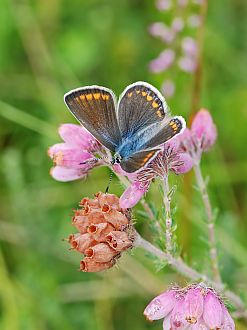 Picture: E. Dallmeyer
(1) Within the scope of Butterfly Monitoring Germany (
TMD
) and the
Distribution Atlas of Butterflies
(Tagfalteratlas) in Germany, butterflies are monitored at the national scale. This is complemented at the international scale by the project
LepiDiv
– Distribution Atlas of Butterflies in Europe and the
Climatic Risk Atlas
. Furthermore we closely co-operate with scientists from China who work on similar topics.
Picture: E. Dallmeyer
(1) Within the scope of Butterfly Monitoring Germany (
TMD
) and the
Distribution Atlas of Butterflies
(Tagfalteratlas) in Germany, butterflies are monitored at the national scale. This is complemented at the international scale by the project
LepiDiv
– Distribution Atlas of Butterflies in Europe and the
Climatic Risk Atlas
. Furthermore we closely co-operate with scientists from China who work on similar topics.(2) Within the UFZ observatory of the TERENO (Terrestrial Environmental Observatories) project of the Helmholtz Association we focus on birds and pollinators (mainly wild bees) in six agriculturally dominated landscapes in Saxony-Anhalt (Germany, TERENO UFZ ). Datasets cover the years 2001, 2009 until now and will continue in the future. The TERENO activities of the UFZ contribute to the national and international LTER (Long Term Ecological Research) network.
The mentioned monitoring schemes provide a central element for the analysis of biodiversity in Germany as well as in Europe.
Biodiversity and Education
While biodiversity loss is an essential subject for research there is still a huge gap which has to be bridged in order to make results available for school education. In a time where alienation from nature is an increasing phenomenon among the young generation, we develop educational tools that aim at motivating students to engage for biodiversity. The software programs SITAS and PRONAS show how scientists deal with the impact of climate change on habitats of European plants and animals. Citizen Science projects such as BEAGLE and WIESENKNOPF (Great burnet) provide platforms for individual monitoring activities.

Franz Dussl
Technician
Phone +49-345-558-5338
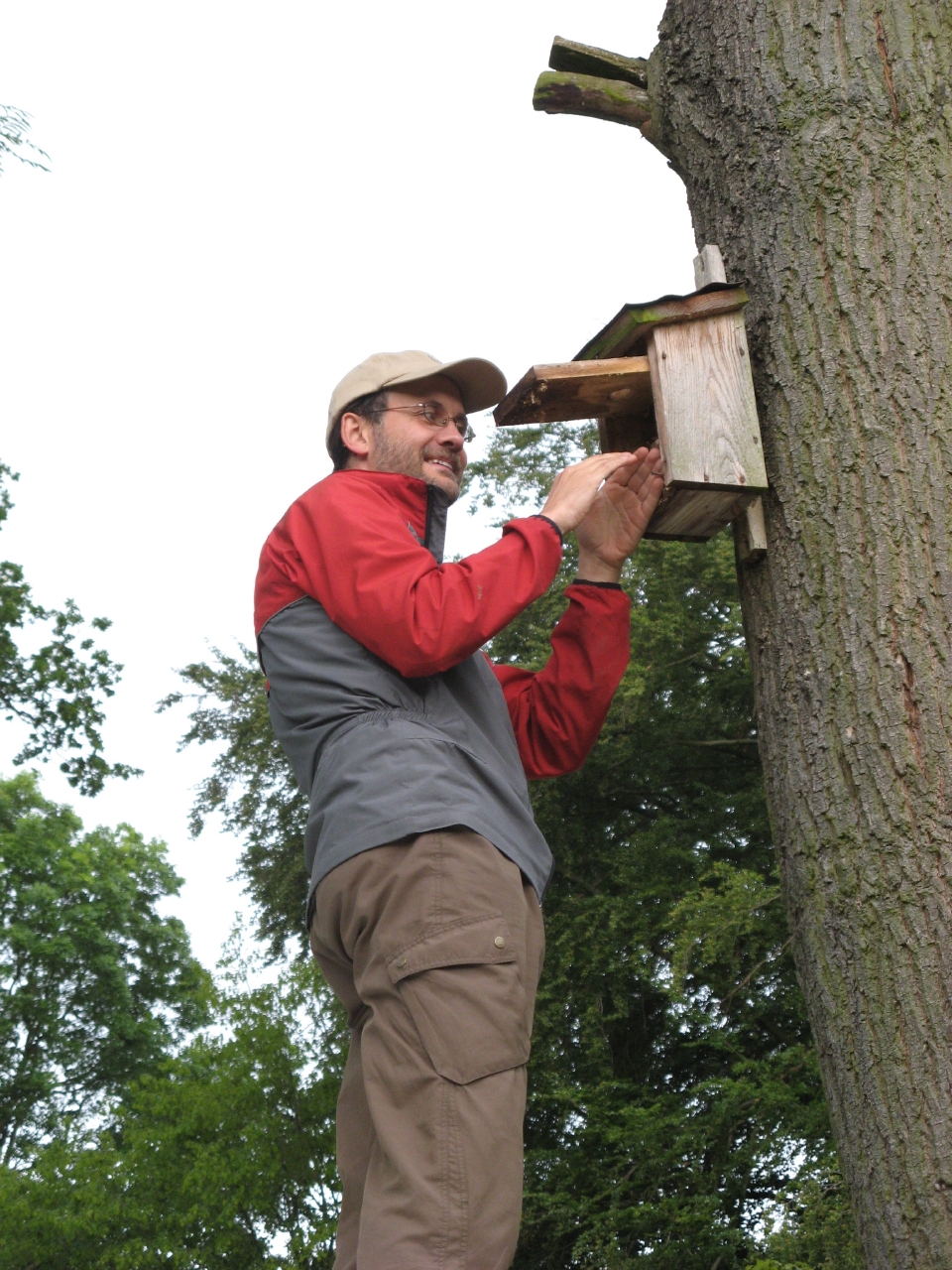
René Höhne
Technician
Phone +49-345-558-5338




